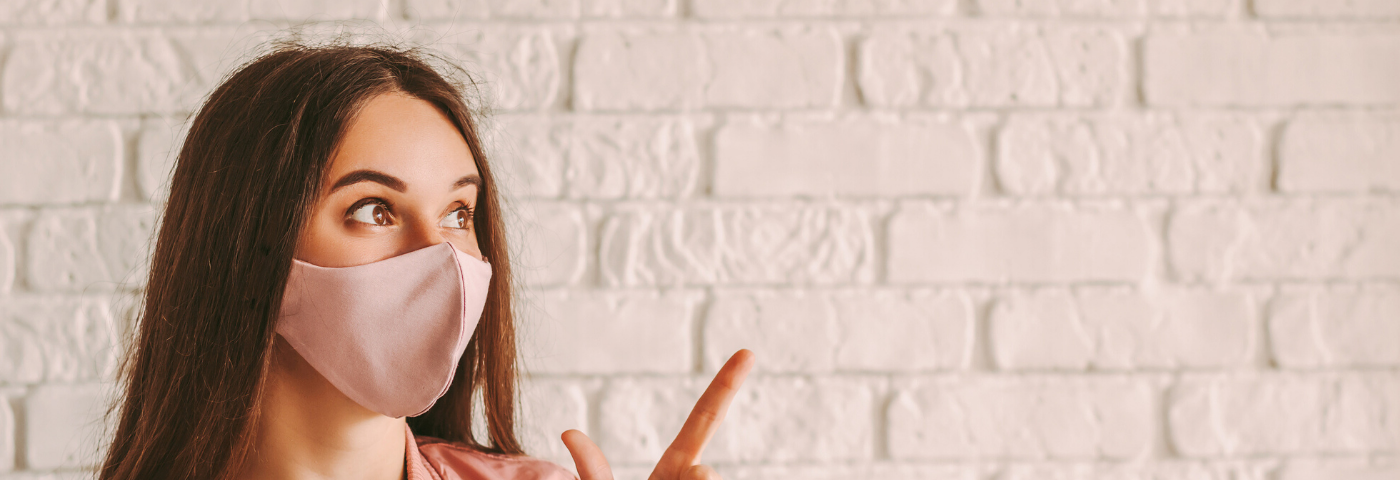L’Oreal to become fully sustainable by 2030
The world’s largest cosmetics company has pledged that it will become fully sustainable by 2030, in an industry move that sets the pace amongst the biggest multinational players.
The company states that it is accelerating its transformation towards a model that respects planetary boundaries and reinforces its commitment to sustainability.
Updates to its sustainability initiative mean that by 2025 the company will have achieved carbon neutrality through improving energy efficiency and using 100% renewable energy.
Ad by 2030 the company has pledged that all of its plastic packaging will be from either recycled or bio-based sources, as well as aiming to reduce the associated greenhouse gas emissions by 50% for every finished product in its portfolio.
“L’Oréal’s sustainable revolution is entering a new era. The challenges the planet is facing are unprecedented, and it is essential to accelerate our efforts to preserve a safe operating space for humanity,” said Jean-Paul Agon, Chairman and CEO of L’Oréal.
“We do so in our own business operations and in our contribution to the society at large. We know that the biggest challenges remain to come and L’Oréal will stay faithful to its ambition: operate within the limits of the planet.”
Cosmetics Cluster UK reforms as an independent charity
Cosmetics Cluster UK (CCUK) says it is beginning a new phase in the development of the organisation having obtained independent charity status.
CCUK executives say that this evolves the position of the Cluster in line with its objectives to become a ‘network of networks’.
The organisation had delayed the official launch of the new phase because of the Covid-19 pandemic, but the new board had decided the time was now right.
That new executive board consists of Dr Gill Westgate, Jane Evison, Alastair Gardner and Lisa Buck. This board has been working to develop a plan that meets the needs of the industry, focussing on four key pillars of activity: network &international clusters; education & workforce skills; sustainability and research & innovation.
Although attending physical events remains suspended due to the pandemic, the board is working on a series of initiatives and ongoing projects to promote cosmetics-related business in the UK, including a white paper for education and skills and a series of webinars to map the defining trends in the global beauty industry.
New China regulations revamp requirements for brands
The China State Council has released the final version of the Cosmetics Supervision and Administration Regulation, in a move that will update old regulations that have been in place since 1989.
The regulation defines the parameters for both ingredients and finished products and will come into force on January 1st 2021.
For cosmetic brands this will mean a redefinition and defining of the different categories for beauty and personal care products that are sold in the country.
The regulation defines cosmetics as “chemical products intended to be applied on human skin, hair, nails, lips, mouth, etc., by spreading, spraying or other similar ways for cleansing, protecting, beautifying, or grooming purposes’’.
This definition means that deodorants are not within this classification, and the same goes for soaps, unless they are marketed with specific cosmetic functionality.
The new definitions mean that there is now one group for cosmetics with a ‘special’ designation, together with another group of general cosmetic classification.
The special designation group lists five categories: hair dye; hair perms; whitening products; sunscreen products; anti-hair loss; products with new efficacy.
Those products in the special category are required to be registered with the National Medical Products Administration, whereas the products in the general category are subject only to normal filing procedures.
Is mask-wearing creating opportunities for the beauty industry?
In a report earlier this year from market research firm Mintel, analysts noted that mask make-up was growing in popularity in parts of Asia on the back of the Covid-19 pandemic.
Make-up brands and influencers have been stepping into this space by creating eye make-up looks that complimented individuals wearing masks.
The theory is that whereas mask wearers were not able to wear full make-up, and especially lip products, it did provide an opportunity to experiment with new eye make-up effects.
Mintel analysts believe that this could spell some opportunities in the colour cosmetics category, which has been hard hit by lockdowns. As many countries worldwide embrace opening up with recommended mask-wearing to prevent the spread of the disease, consumers may be keen to dip into eye make-up again.
But mask-wearing is also giving way to concerns about rashes and pimples caused by prolonged use of masks, particularly for individuals who are required to wear them for long stretches because of their occupations.
In fact that the problem has become so common that it’s even got a name: ‘maskne’.
Indeed, a number of brands have started to incorporate marketing messages that offer solutions for those suffering from mask-related outbreaks.
The trend has been particularly apparent in the US, where dermatologist brands like Humane and Skin Inc are offering its consumers tips and products that help alleviated the problem.
Puig launches its Aptiva brand in the US
Puig bought the Greek natural skin care brand Aptiva back in 2017, and in the latest move to expand the global footprint of the brand, it has now launched in the US.
The theme of the Aptiva skincare brand is bees and the prestige product line up incorporates everything from honey to bee-pollinated plant extracts, royal jelly and bees wax.
Puig has chosen Amerikas as its distribution partner in the country, mostly because it distributes similar specialised brands there already, including Benamôr, Floris and Embryolisse.
“Amerikas is pleased to announce its exclusive distribution partnership with APIVITA for the US market, aiming to introduce the brand and its holistic approach to beauty and wellbeing to the American customers,” Amerikas said in a press statement.
“It arrives with a complete portfolio of over 60 natural solutions for the hair, the face and the body, all with clinically proven efficacy,”

